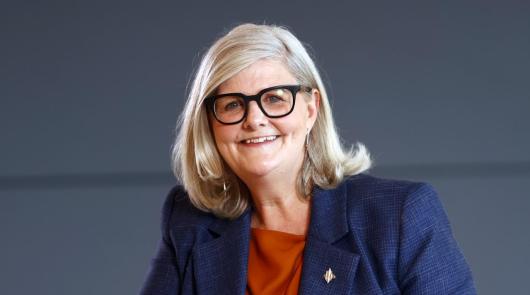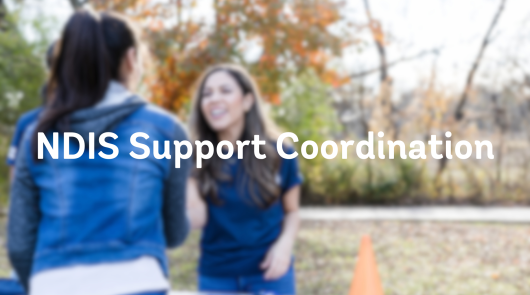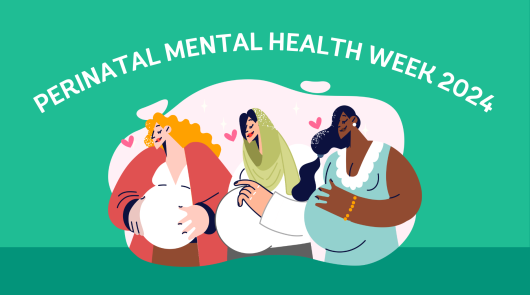
This Friday is International Day of People with Disabilities. Celebrated every December 3, the day is about recognising the contribution people with disability make to our society, and highlighting the barriers they may face to full participation in their community.
About 18 per cent of Australians have a disability, and while the use of mobility aids or visible disability are obvious, most disabilities are invisible. Put simply, you can't tell someone has a disability just by looking at them.
For people with psychosocial disability this may be particularly true. More than 800,000 Australians live with a complex mental health issue, which may include a diagnosis of schizophrenia, bipolar disorder, severe anxiety or depression. Regardless of diagnosis, and while not everyone with a lived experience of a mental health issue will necessarily experience a psychosocial disability, for those who do it can have a profound impact on their life.
Outdate social attitudes and prejudice can compound these challenges. Stigma and discrimination about mental health can make it difficult for people to access support.
The 2021 theme is "Fighting for the rights in the post-COVID era". People with disability have been particularly impacted by the impacts of the pandemic, as it magnified marginalisation, discrimination, vulnerability and exploitation. Reduced access to routine health care and rehabilitation services, more pronounced social isolation, poorly tailored public health messaging, inadequately constructed mental health services, and a lack of emergency preparedness all exacerbate the everyday challenges people face in a world which may not be as accessible to them as it is for people without disability.
This International Day of People with Disabilities is an opportune moment to reflect on how we can break down stigma and make the world more accessible to all people.
Being included isn't just the responsibility of a person with a disability. Making physical spaces more accessible, including ramps, is an important start. But so too is making communication accessible - such as including captions on videos, using descriptions for pictures, including sign language during speeches or emergency announcements.
Making our language inclusive is also a simple everyday approach which breaks down stigma. Flourish Australia uses strengths-based language, which aims to empower individuals to see themselves as masters of their own destiny, rather than being defined by a diagnosis. This means rather than saying "a mentally ill person" you would say "a person experiencing a mental health issue”. To find out more about strengths-based language read our guide here. https://www.flourishaustralia.org.au/panorama/writing-about-mental-health-strengths-based-way
Talk to us today
For more information, contact us on 1300 779 270 or make an enquiry now.


